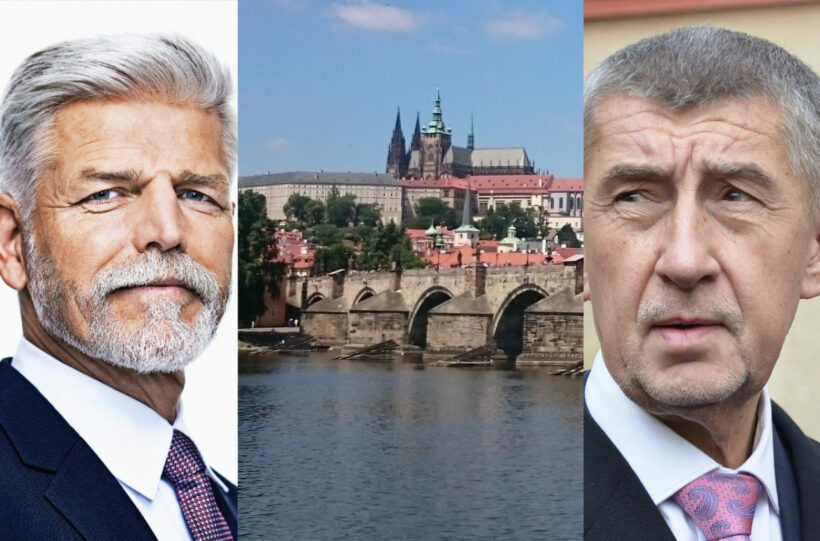The vote count for the first ballot for the direct election of the president of the Czech Republic, the third since 2013, has just been completed.
As expected, none of the candidates reached the necessary threshold of 50% of the vote to win the first round. The two candidates who will compete for the Castle in the second round on 27-28 January will be Petr Pavel, who won 35.4%, and Andrej Babiš, who won 35% of the vote. Sixty-eight per cent of eligible citizens voted.
There were eight candidates on the list, but the main focus was on three of them: Andrej Babiš, Petr Pavel and Danuše Nerudova, who obtained almost 14% of the votes.
Andrej Babiš, 68, was prime minister from 2017 to 2021. He is one of the country’s richest businessmen and founded the ANO (yes) party in 2011, which immediately positioned itself as a protest movement against traditional politics. Many have compared him to former Italian Prime Minister Silvio Berlusconi in some respects. He has received a lot of criticism from his opponents, from his conflict of interests to his involvement during communism in the management of one of the largest Czechoslovak agri-food companies (which he now owns). A trial against him, in which he was charged with fraud for allegedly illegally using 2 million euros of EU funds, recently ended with his acquittal.
Petr Pavel, 62, is a retired general. He worked for military intelligence services and was Chairman of the NATO Military Committee. He was Chief of Staff of the Army of the Czech Republic until 2015.
Danuše Nerudova, 44, is a professor of economics and former rector of the Mendel University in Brno, a convinced pro-European and supporter of the early adoption of the single currency in the Czech Republic. He has been at the centre of some controversy over serious irregularities and the unusual speed with which some students allegedly obtained their doctorates. As a result, it is being investigated by the National Accreditation Office for Higher Education.
Recently, opinion leaders have been very critical of the system of direct election of the President of the Republic, contributing to the widespread belief that this system creates difficulties for governmental stability compared to election by Parliament.
There will now be a second round in which Czechs will have to decide between the two candidates. Undoubtedly, the voting indications of those excluded from the first round will also weigh heavily.
What is certain is that the outcome of these elections will be very important for understanding the course of events and, in particular, how the Czech Republic will position itself in relation to the international situation, which is becoming increasingly heated due to the conflict in Ukraine.
Of the three candidates, Babiš has so far been the only one who has taken a position in favour of mediation in the conflict and the need for diplomatic intervention to resolve it. He has therefore been accused of having a pro-Russian stance. The same accusations have been levelled against current President Miloš Zeman.
Babiš is also accused of wanting to monopolise information in the Czech Republic, but despite being the actual owner of some media outlets, it is clear that he has encountered great opposition in the mainstream media.
General Pavel’s positions, on the other hand, are obviously in line with those of the Atlantic Alliance and advocate the need for stronger action and support for Ukraine by Western countries.
He is undoubtedly the man who would best represent Washington’s interests and the militarist culture in the Czech Republic and Eastern Europe in general.










